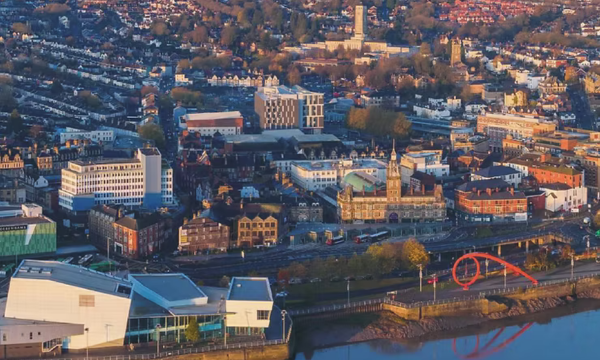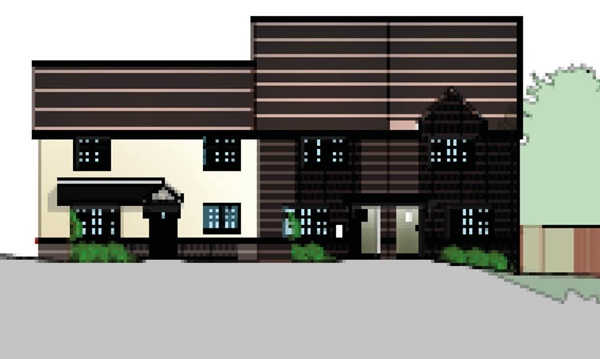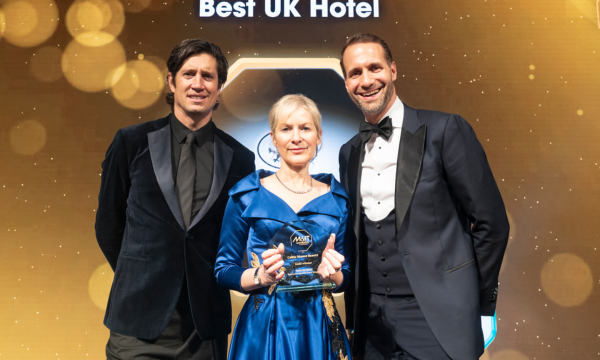
The final draft of the Newport Placemaking Plan – A New Era for Newport – has been made public.
The plan has been created with Newport City Council, Welsh Government, key city stakeholders and residents to “help shape a revitalised city centre”. It is part of the Welsh Government’s broader Placemaking agenda under the Transforming Towns Programme.
The draft plan's vision statement looks ahead to 2040, saying:
“Newport is a celebrated city. Famed for its music scene, heritage and its people. The city centre is a thriving place – filled with excitement and fun experiences. An impressive mix of local independents, leisure offerings, events, education opportunities, music, homes and offices can all be found here.
There are only now a handful of empty buildings- all ready and waiting for their next tenants- and landlords are actively looking for new futures.”
Business improvement district Newport Now was represented on the steering group that oversaw the creation of the plan. It said a number of ideas that came from the BID and/or local businesses are included in the final draft.
The BID outlined the key priorities for the plan as:
- Identity and Perception – how to amplify positive images of the city centre and challenge negative connotations.
- Safety and Security – addressing concerns around safety, reducing crime and ASB and ensuring the city centre is accessible to all; alongside enabling more events and activity to offer a counterpoint to more challenging urban issues.
- Music – supporting interventions that enable music and other performance art to flourish.
- Culture and Heritage – taking opportunities to tell the many stories – famous and less famous as part of an ongoing, more positive narrative.
- Retail, Sport and Leisure – continuing from the 2018 masterplan, enabling more diversification of the offer giving as many people as possible a reason to visit the city centre.
- Open, Play and Event Space – address the lack of open space and provide more opportunities for alternative and community uses.
- Importance of the River – maximizing the potential of the River Usk, including through new or alternative uses, physical activity, and as a feature for engaging with heritage and biodiversity.
The plan has a 15-year lifespan and is split into short, medium and long-term proposals. The majority of the short-term goals are likely to be achieved within the next 18 months to two years.
Among the short-term proposals are a regular street food market on the riverfront by the Steel Wave, licensed busking performance stages throughout the city centre, improved street lighting, and a children's playground.
Medium-term plans (two – seven years) include finding permanent tenants for the former Debenhams and Cineworld sites in Friars Walk, completion of the new leisure centre currently under construction on the riverfront, building a new Coleg Gwent campus (replacing the one at Nash) on the site of the former Newport Centre, increasing the use of the river, developing the ‘cabbage patch' at Rodney Parade, and finding a new use for the Westgate Hotel.
Long-term goals (seven+ years) include an ambitious regeneration of the southern end of Commercial Street – demolishing disused buildings, creating a contracted but more vibrant retail area, creating a new public park, and bringing the Great Central Hall back into use.
The plan needs to be approved by the council's scrutiny committee, its Cabinet and by the full council before it is formally adopted.











